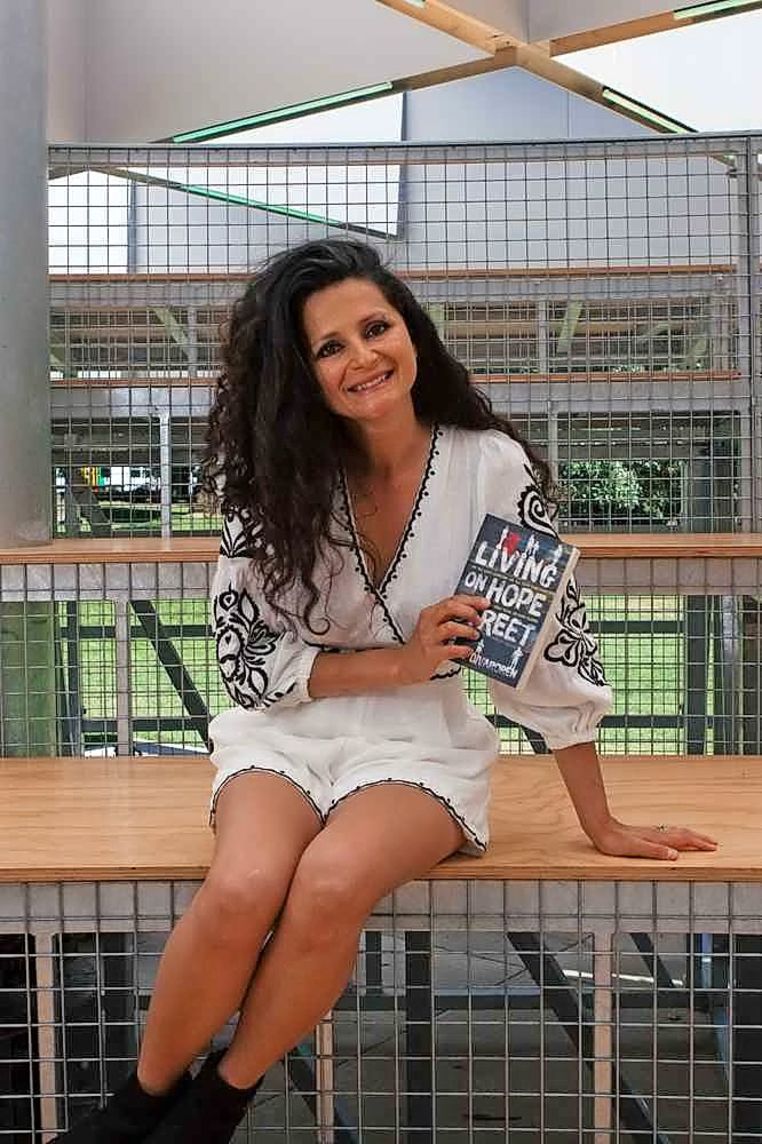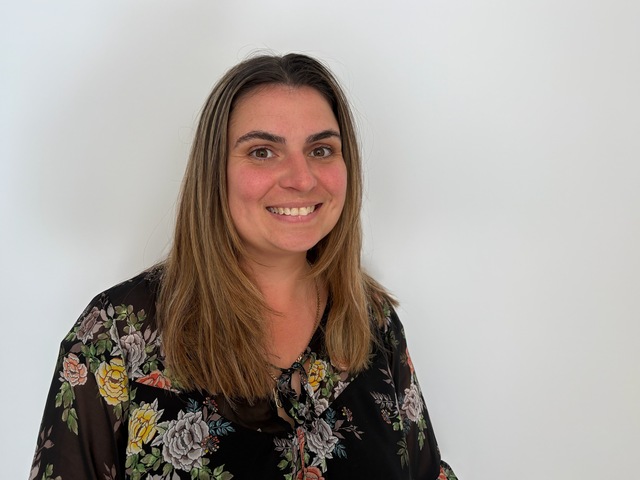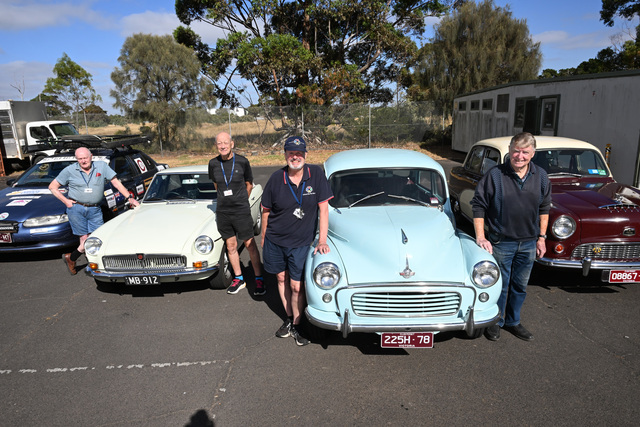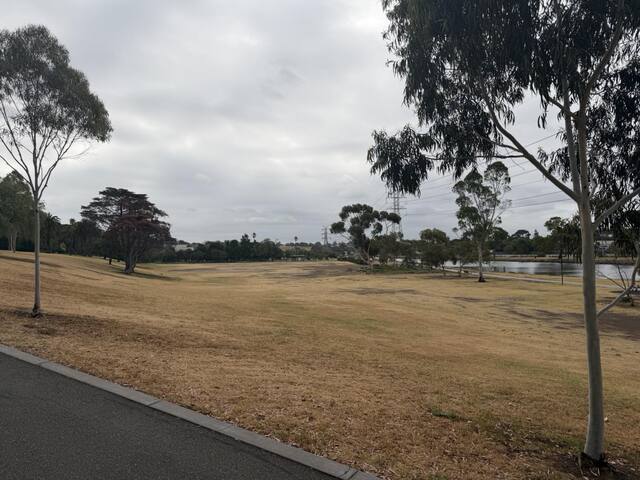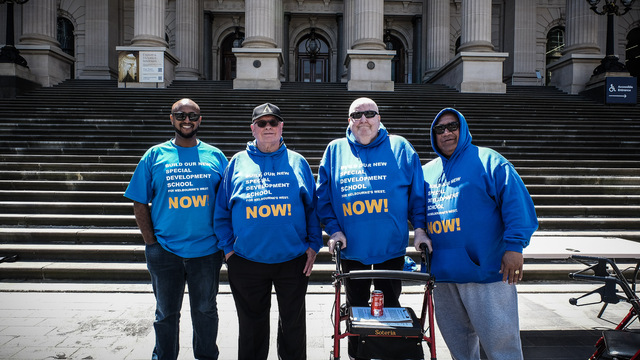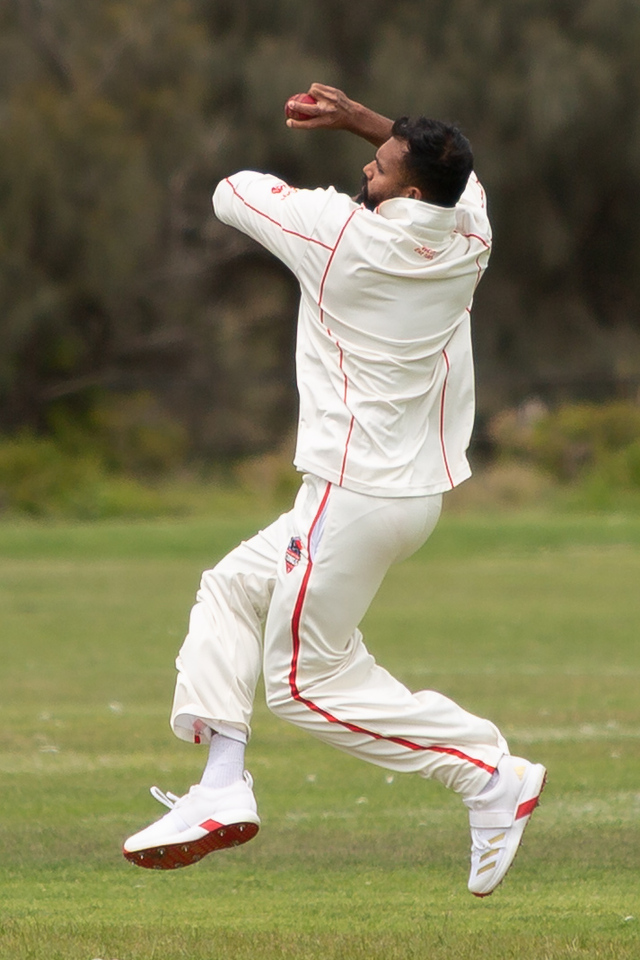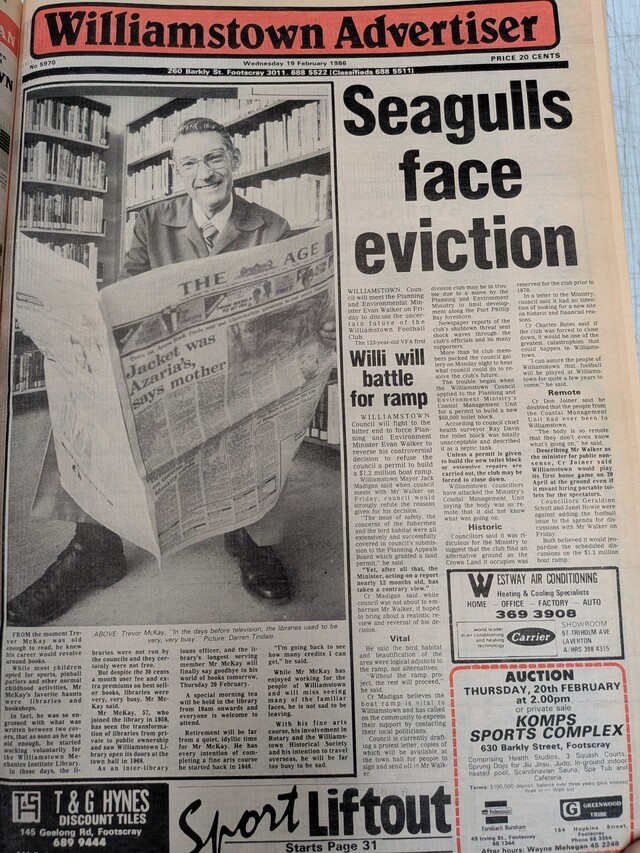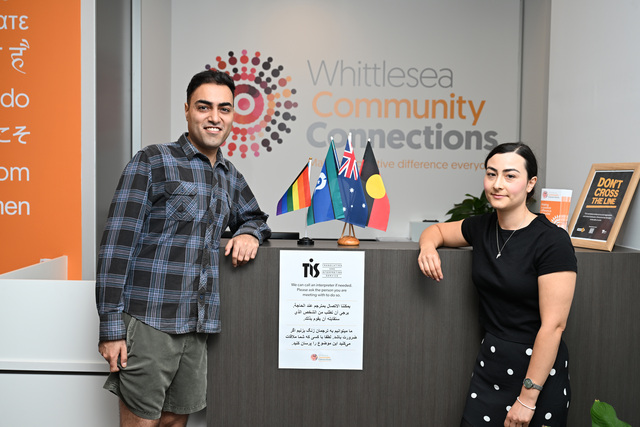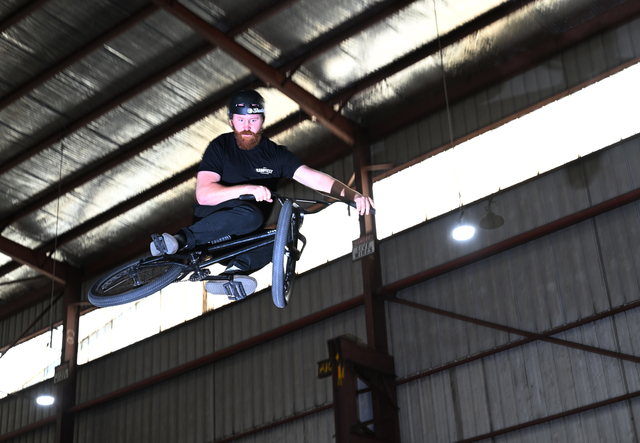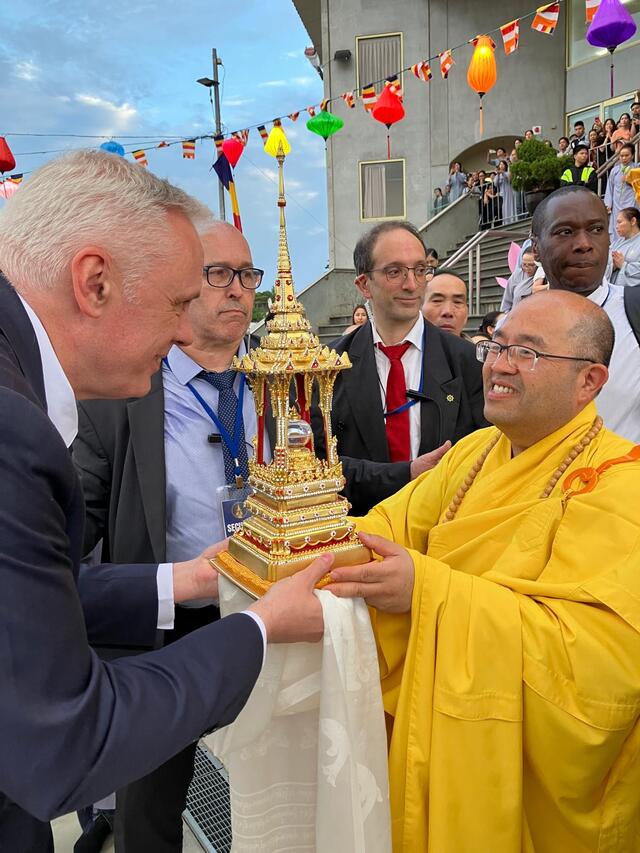Growing up in Footscray, Demet Divaroren was an avid bookworm.
Yet there was one story she never came across – her own upbringing as a Turkish Australian.
Divaroren set out to create a story that rang true to her own multicultural childhood.
The result – a novel called Living on Hope Street – last week was named the winner of the Young Adult category of the 2018 Victorian Premier’s Literary Awards.
“I can’t wrap my head around it,” Divaroren said of the win. “It just feels like it’s happening to someone else, but it is very exciting.”
Her love of books meant Divaroren always intended to work with words.
“I was inspired to write through words and through other people’s stories in novels,” she said. “One day I just thought, ‘This is what I want to do, this is how I want to make people feel’.
“I like to work with identity and explore identity, especially in multicultural Australia, because there really is no one way of being Australian – our diversity is our strength.”
Divaroren said the voices of her characters range from seven to 70 and she hopes her stories are accessible to young people and adults alike, but when she starts writing the voice that appears in most of her stories is a young voice.
“Those years for me are so still alive and a part of my everyday life, I kind of identify and feel those vulnerabilities and insecurities and fears, all of those things that shape us when we’re younger and are part of who I am now,” she said.
Looking for Alibrandi by Melina Marchetta was the first book to come close to her own world, but Divaroren suggests there is still a big gap in diversity in fiction in Australia.
“I have tried to fill that gap as best I can, not just through a Turkish Australian voice, but through diverse voices… I’m trying to raise the voices that haven’t previously had much exposure in the mainstream.”
Divaroren said she had seen some improvements in society’s understanding of young people from diverse backgrounds, but she said the panic around the so-called “African gang crisis” was quite damaging for innocent youth tarred with the same brush.
“Regardless of background, we need a stronger dialogue, we need to be listening to what they’re experiencing,” she said.
“I just feel like dialogue is everything, language is everything, so we really need to be careful how we speak to the youth and be careful that our language doesn’t alienate them and make them the ‘other’.”

